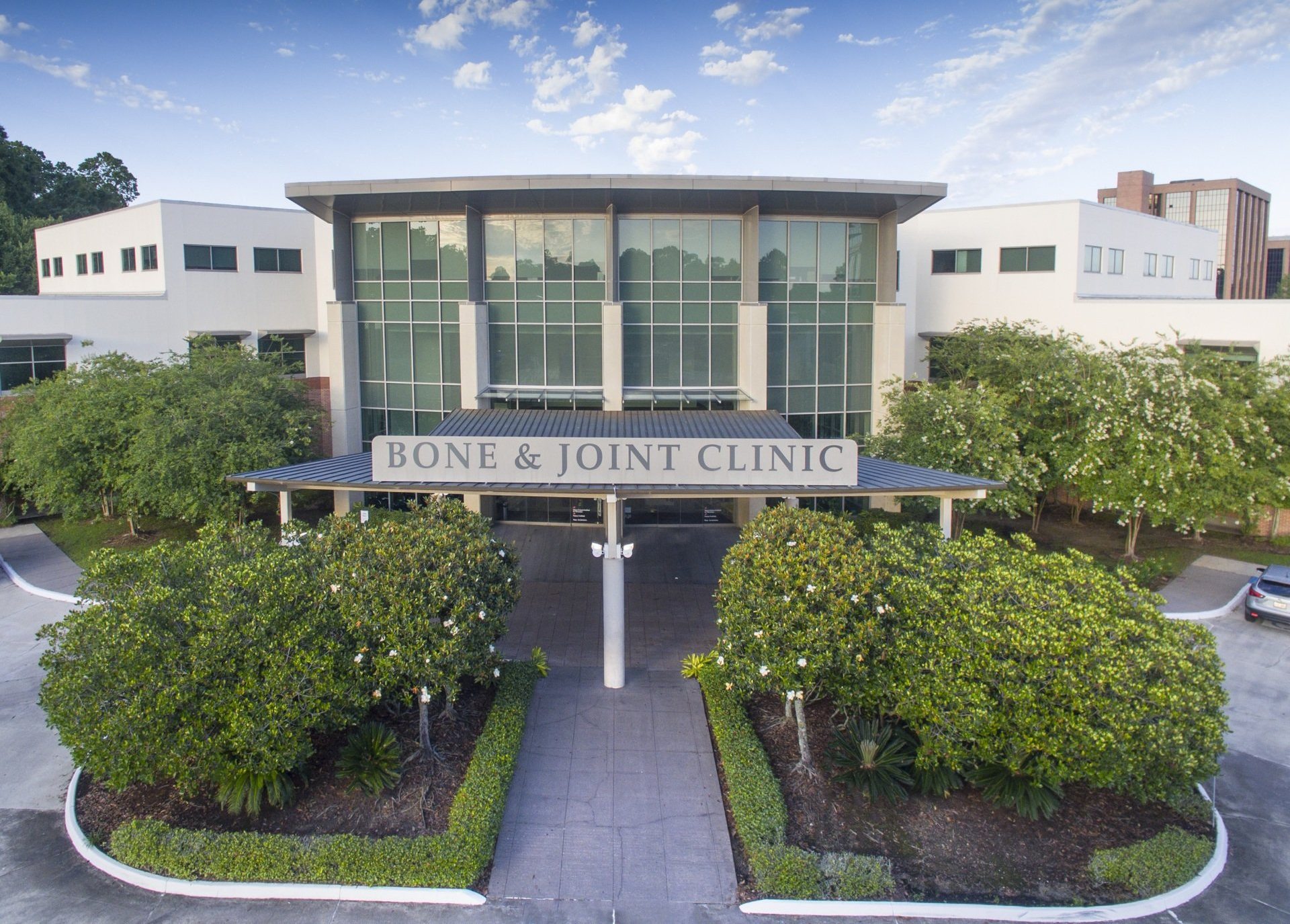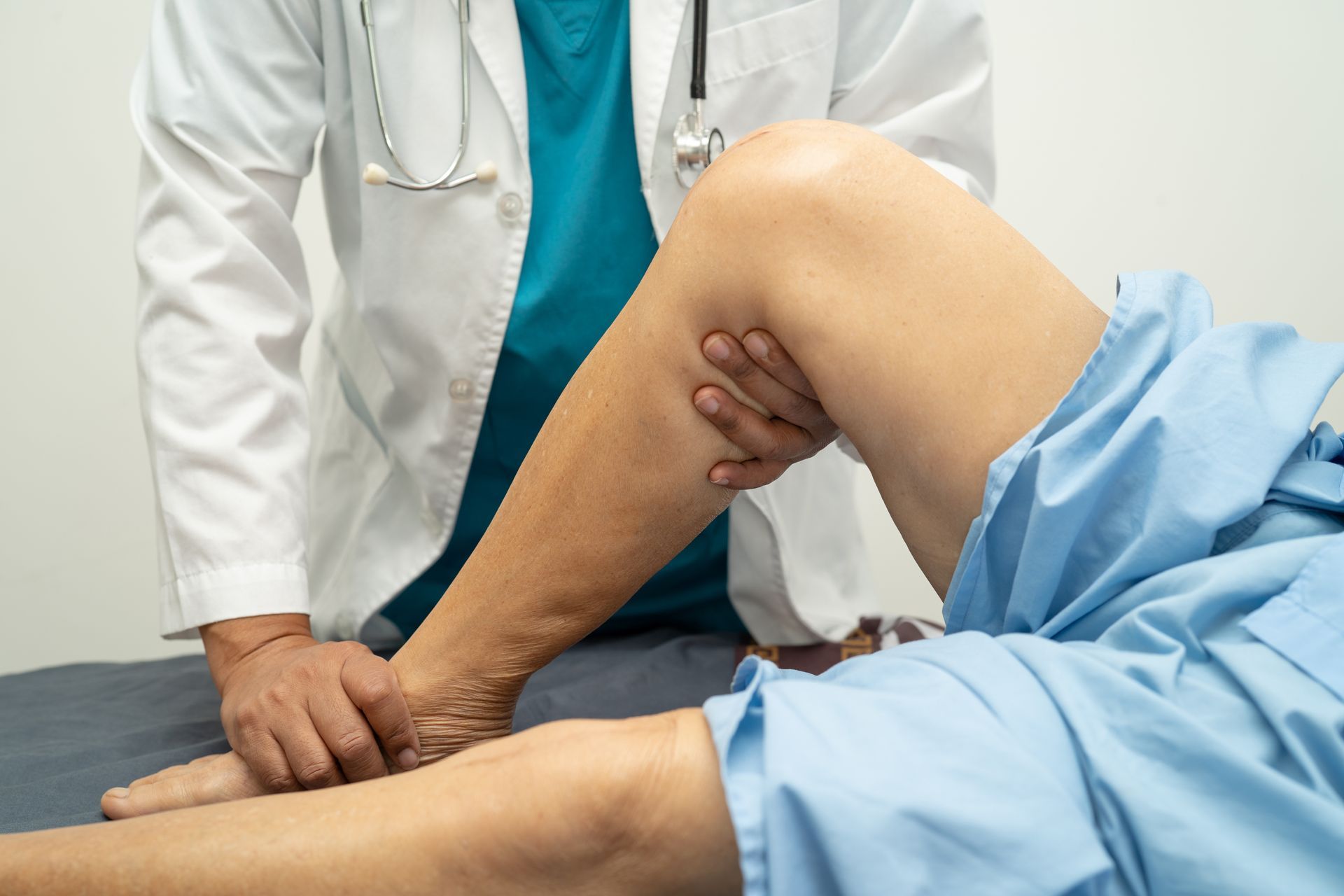Childhood is a time of rapid growth and development. During such a crucial stage of life, it’s important to ensure the well-being of the body's musculoskeletal system – which encompasses a child’s muscles, bones, joints, ligaments, and tendons. When faced with orthopedic concerns – such as scoliosis, juvenile idiopathic arthritis, or simply broken bones – consulting a pediatric orthopedic specialist becomes necessary.
These highly trained medical professionals specialize in diagnosing, treating, and preventing musculoskeletal issues in children. Below are a few reasons parents should consider consulting a pediatric orthopedic specialist to guarantee the best care for their child's musculoskeletal health.
Expertise in Child-Specific Orthopedic Conditions
Pediatric orthopedic specialists undergo extensive training beyond general orthopedics, focusing specifically on the unique needs of growing children. Their specialized knowledge equips them to understand the intricacies of bone, joint, and muscle development in pediatric patients. This expertise ensures that they can accurately diagnose and tailor treatments to address the distinct challenges a child's musculoskeletal system presents – including issues like hip dysplasia, Osgood-Schlatter disease, muscular dystrophy, and more.
Accurate Diagnosis and Orthopedic Treatment for Children
Children's bodies undergo significant changes as they grow, and bone and joint development issues may arise. Pediatric orthopedic doctors are adept at identifying and managing growth-related concerns such as limb length discrepancies, angular deformities, and more. Early intervention is key to addressing these issues and preventing potential long-term complications.
Specialized Pediatric Orthopedic Surgical Skills When Necessary
While many musculoskeletal health issues can be managed through non-surgical interventions, there are instances where surgical expertise plays a crucial role in ensuring the best possible outcomes. Although rare, surgery can be a necessary avenue for treating issues such as congenital abnormalities, spinal deformities and scoliosis, general fracture management, and growth plate injuries. Pediatric orthopedic surgeons are uniquely trained for surgical interventions in children and are here to help.
Growth Plate Injury Management
Pediatric orthopedic specialists closely monitor a child's growth patterns, paying attention to the development of bones, joints, and muscles. Any deviations from expected growth trajectories can indicate underlying orthopedic concerns, and early identification enables timely intervention.
Growth plate injuries – also known as physeal injuries or fractures – occur in the areas of developing cartilage near the ends of long bones in children and adolescents. These growth plates are crucial for bone growth, and injuries to these areas can potentially affect the child's future growth and development. Pediatric orthopedic specialists play a key role in diagnosing and managing growth plate injuries.
Dealing with Congenital Orthopedic Problems
Some children are born with congenital musculoskeletal conditions that require specialized care. These may include conditions like clubfoot, scoliosis, or hip dysplasia. Pediatric orthopedic specialists are skilled in diagnosing congenital conditions early on and implementing tailored treatment plans that promote optimal musculoskeletal development and function.
Sports Injuries in Young Athletes
Active children often engage in sports and recreational activities, increasing the risk of fractures and sports-related injuries. Pediatric orthopedic specialists are well-versed in managing fractures and ensuring proper healing, considering children's unique growth plates. They can guide parents and caregivers on appropriate rehabilitation measures and help prevent long-term consequences that may affect a child's mobility.
Guidance on Pediatric Developmental Milestones
Pediatric orthopedic specialists are instrumental in monitoring and guiding developmental milestones related to movement and walking in children. Their expertise, combined with a proactive and collaborative approach, helps identify and address musculoskeletal challenges early, ultimately promoting optimal mobility and overall well-being for pediatric patients. Parents and caregivers are encouraged to seek the guidance of these specialists to ensure that their child's musculoskeletal development is closely monitored and supported from an early age.
Collaboration with Other Pediatric Specialists
Effective communication, interdisciplinary meetings, and a patient-centered approach are essential to successful collaboration among pediatric specialists. This teamwork helps ensure that children with complex medical needs receive holistic care that considers all aspects of their musculoskeletal health and well-being. As key members of this collaborative effort, pediatric orthopedic specialists contribute their expertise to provide the best possible outcomes for pediatric patients – collaborating with pediatricians, physical therapists, and other orthopedic specialists along the way.
Caring for Your Child's Musculoskeletal Health in Baton Rouge
Ensuring the best care for your child's musculoskeletal health involves recognizing the importance of consulting a pediatric orthopedic specialist. Their specialized expertise – coupled with a deep understanding of the unique challenges posed by growing bodies – allows them to address a wide range of musculoskeletal issues in children. Whether dealing with fractures, congenital conditions or inflammatory disorders, the timely intervention of a pediatric orthopedic specialist can make a significant difference in a child's overall health and development.
Parents and caregivers should prioritize regular musculoskeletal check-ups to proactively address any concerns and provide their children with the best possible foundation for a healthy and active life. Take charge of your child’s musculoskeletal health by scheduling an appointment at The Bone and Joint Clinic of Baton Rouge today.




